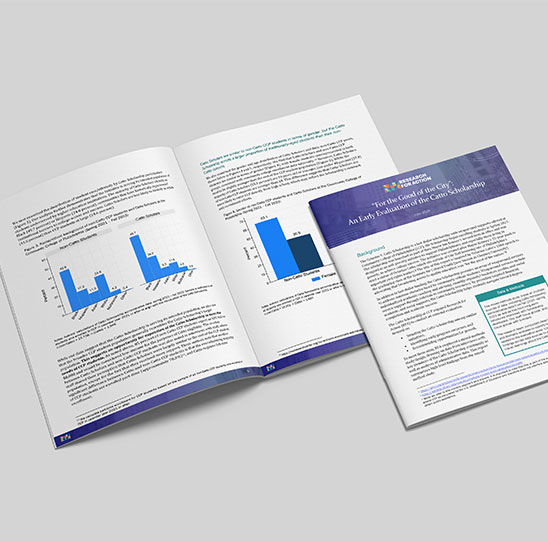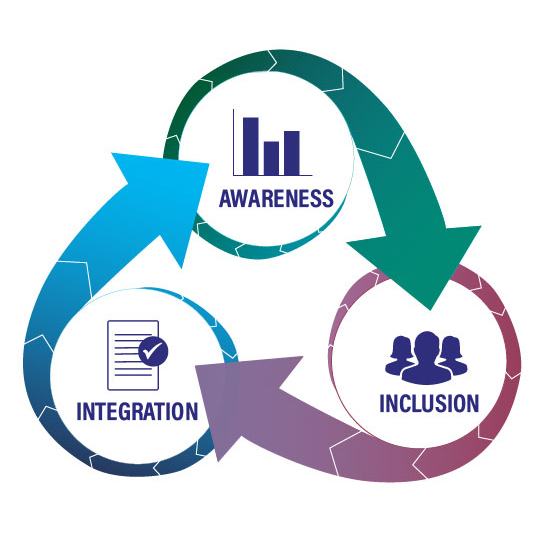The Trump administration has advanced several exclusionary immigration policies while postsecondary institutions and higher education systems grapple with their effects. One of these policies was the Trump administration’s decision to rescind DACA, which was later overturned by the Supreme Court. However, recent policy changes have created new barriers for DACA renewals through increased fees, delays, and denials. When taken together, these roadblocks will further constraint the ability of DACA-eligible individuals to attend college and find employment.
In addition, while the COVID-19 pandemic has significantly impacted immigrant communities, the U.S. Department of Education barred undocumented immigrants from receiving COVID-19 related emergency aid through the CARES Act. A recent survey by Dream.US, an organization offering a national scholarship program for undocumented students, shows that undocumented students are currently struggling with the financial burden resulting from job loss and heightened anxiety about the uncertainty of their legal and educational opportunities.
In the absence of federal policies, states can offer postsecondary opportunities for undocumented students, as demonstrated by the 21 states and D.C. that offer in-state tuition and/or state financial aid. States can also consider Promise programs to build upon these policies. Promise programs, which typically offer funding to cover at least tuition after all other gift aid is applied, are an underused avenue of support for undocumented students. Promise programs are often the only financial aid available to undocumented students, and therefore provide their only affordable pathway to a postsecondary degree.
In partnership with the Presidents’ Alliance on Higher Education and Immigration, Research for Action has produced a fact sheet that shows how Promise programs advance or hinder affordability, access and success for undocumented students, and provides practical considerations for state policymakers, practitioners, advocates, and other stakeholders.
In addition to improving affordability for undocumented students, Promise programs can:
- Increase awareness about postsecondary opportunities for undocumented students;
- Provide supports that address challenges specifically related to immigration; and
- Build momentum for the adoption of polices to minimize barriers upon graduation, such as offering access to drivers’ licenses and occupational and professional licenses.











